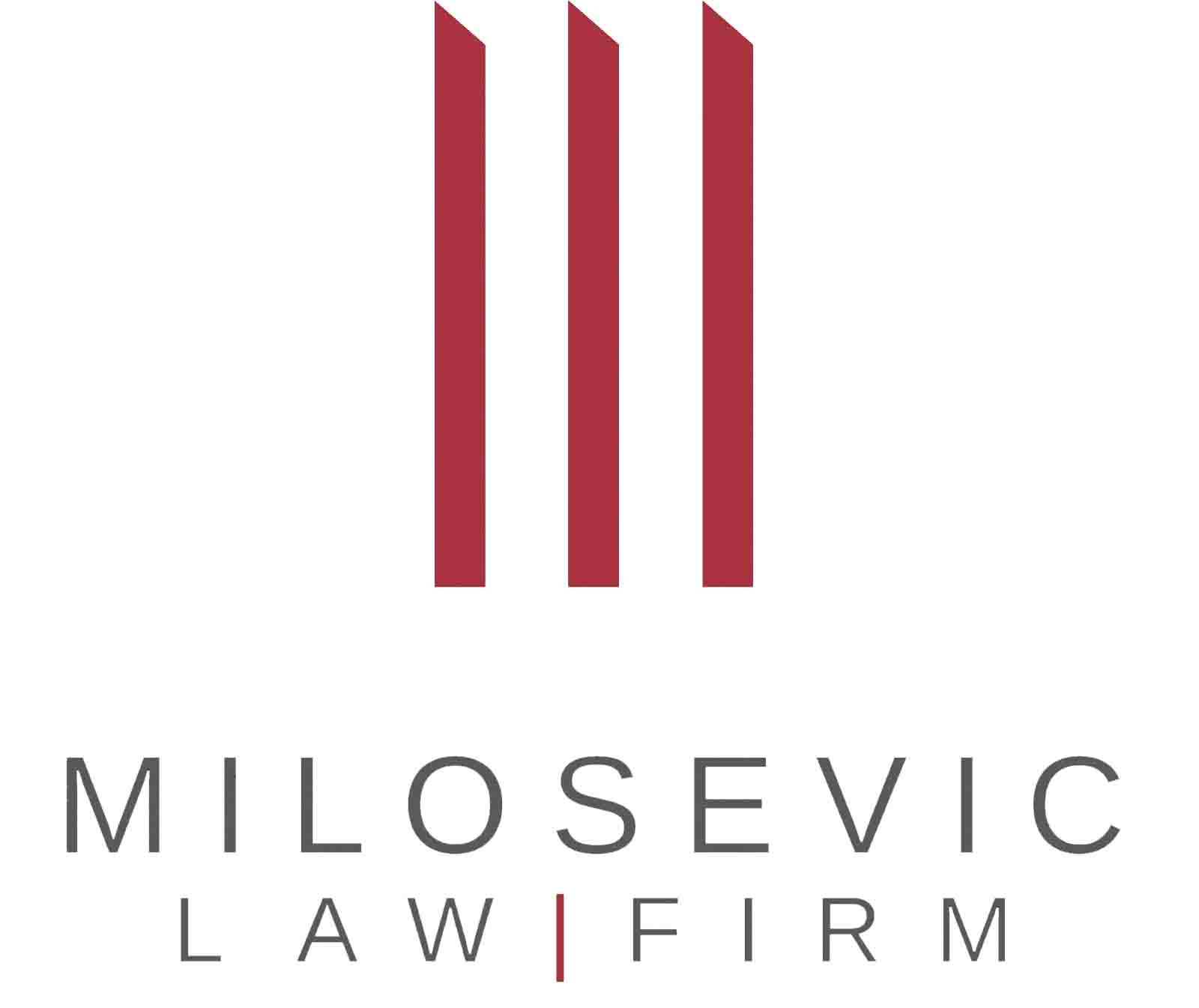Both residents and non-residents have the right to judicial protection and collection of receivables in the Republic of Serbia. The Law on Foreign Currency Transactions[1] (“LFCT”) defines non-residents by stipulating that non-residents are all those who are not designated as residents by the LFCT in Article 2, paragraph 1, item 1). Therefore, it is relatively easy to determine whether a certain entity in the Republic of Serbia is considered non-resident according to the rules on foreign exchange transactions.
Since it is possible for a non-resident to have receivables from a resident of the Republic of Serbia, e.g. based on a court decision of a domestic court or a recognized court decision of a foreign court, thus a non-resident may initiate enforcement proceedings against a resident and request the settlement of its receivables.
However, even if the enforcement court brings a decision on enforcement, which later becomes final and enforceable, the question arises as to how the non-resident will actually collect the claim and transfer the collected funds to its state of residence.
Obligation to open a non-resident bank account in the Republic of Serbia
First of all, in order for a non-resident in the Republic of Serbia to be able to receive any payments, it is necessary to open a non-resident account in a bank in the Republic of Serbia. The National Bank of Serbia prescribes the conditions under which banks may open accounts for non-residents and the manner of managing those accounts. These conditions are regulated in detail by the Decision on the conditions for opening and managing foreign currency accounts of residents, as well as dinar and foreign currency accounts of non-residents[2].
After a non-resident opens an account in the Republic of Serbia, it can receive payments to that account from domestic natural persons and legal entities. The money thus received may, under certain conditions, be transferred by a non-resident to its state of residence.
Namely, Article 29, paragraph 1 of the LFCT prescribes that a non-resident who operates through a non-resident account may conduct cross-border transfers from that account, provided that it has previously settled tax liabilities concerning the specific transaction to the Republic of Serbia and has submitted a certificate from the competent tax authority on settled tax liabilities.
Therefore, one of the conditions for the transfer of money is obtaining the certificate of the competent tax authority confirming that all tax liabilities towards the Republic of Serbia have been settled (“Certificate“).
Tax on interest income of a non-resident
Tax on income generated by a non-resident legal entity in the Republic of Serbia is regulated by the Law on Corporate Income Tax[3] (“LCIT”).
Article 1, paragraph 1, item 3) of the LCIT stipulates that unless otherwise regulated by an international agreement on avoidance of double taxation, the withholding tax at the rate of 20% is calculated and paid on income earned by a non-resident legal entity from a resident legal entity based on interest. Paragraph 6 of the same Article prescribes that the tax return is submitted by a resident legal entity within 3 days from the day of receiving income.
Therefore, considering that in the specific case the withholding tax on interest income is paid, a resident of the Republic of Serbia who is paying the interest is obliged to submit an appropriate tax return and pay the tax.
Obtaining Certificate on paid tax and transferring money abroad
In order for a non-resident to obtain a Certificate on paid tax, it is necessary to submit the relevant documentation to the competent tax authority, after which, if the tax return has been filed and the tax paid, the tax authority issues the Certificate.
In order to obtain a Certificate, a non-resident must submit proof of payment of the republic administrative fee, a certificate of its residence issued by the competent authority of the country of residence, the basis on which the residents made payments (e.g. decision on enforcement, loan agreement, credit loan agreement, settlement agreement, etc.), proof that the residents have made payment under one of the legally prescribed conditions to the account of a non-resident in a bank in the Republic of Serbia, as well as a tax return for the withholding tax submitted by the resident.
The request for issuance of the Certificate is submitted to the competent tax authority, in this case according to the place of residence / seat of the resident who filed the tax return, except in cases when the resident is a large taxpayer, when the request for issuance of the Certificate is submitted to the Central Tax Administration.
After the tax authority determines that the tax return has been duly submitted and the tax has been paid, it issues the Certificate. The obtained Certificate is submitted by the non-resident to the bank in which it has an opened non-resident account, based on which the bank transfers the money abroad.
[1] „Official Gazette of the RS“, no. 62/2006, 31/2011, 119/2012, 139/2014 and 30/2018
[2] „Official Gazette of the RS“, no. 51/2015, 82/20177, 69/2018 and 96/2018
[3] “Official Gazette of the RS”, no. 25/2001, 80/2002, 80/2002 – other law, 43/2003, 84/2004, 18/2010, 101/2011, 119/2012, 47/2013, 108/2013, 68/2014 – other law, 142/2014, 91/2015 – authentic interpretation, 112/2015, 113/2017, 95/2018, 86/2019 and 153/2020

Recent Comments